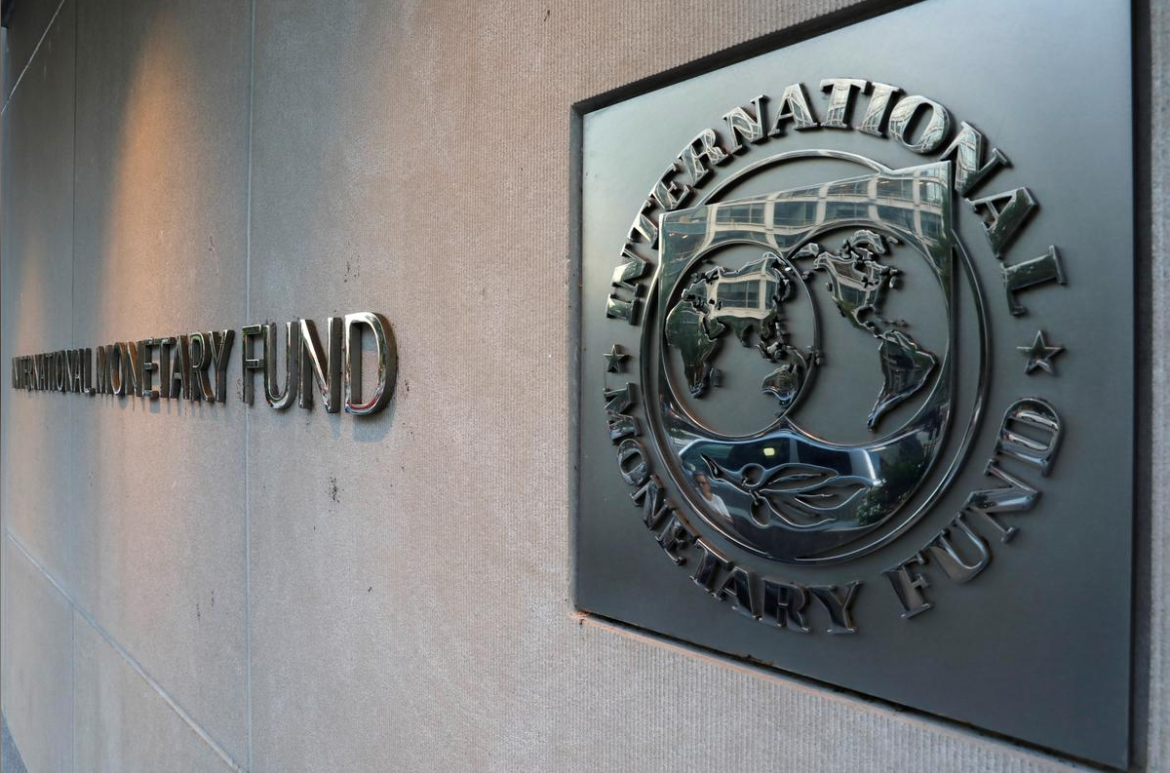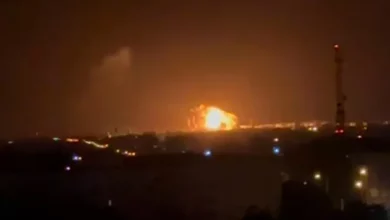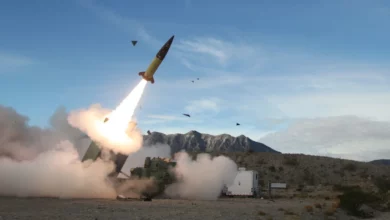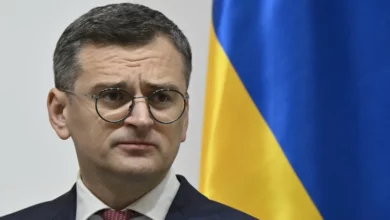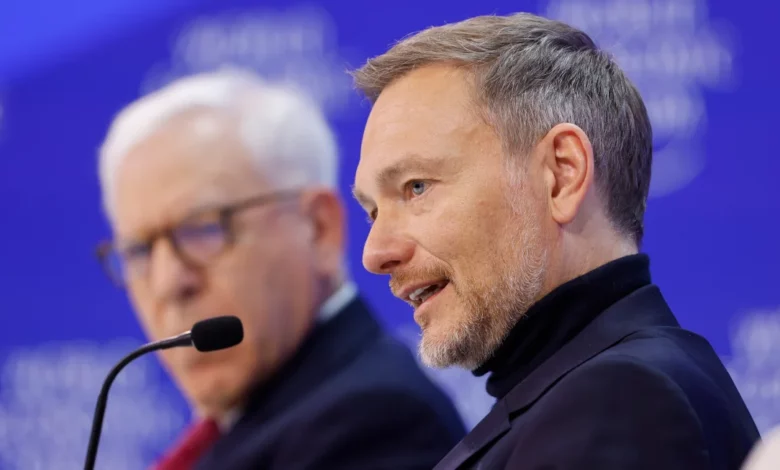
Long the engine of growth in Europe, Germany’s economy shrank last year by 0.3 percent, likely the weakest performance among the region’s big countries. Some analysts are forecasting zero growth in 2024.
“I know what some of you are thinking: Germany probably is a sick man. Germany is not a sick man… Germany is a tired man after a short night,” Christian Lindner said at the annual World Economic Forum in Davos, Switzerland.
“The low growth expectations are partly a wake-up call, and now we have a good cup of coffee.”
Lindner said Germany was “at the beginning of an era of new structural reforms,” though he did not provide details.
The country became known as the “sick man of Europe” in the late 1990s as its economy faltered and unemployment soared. Germany went on to cast off that moniker by introducing a series of labor market reforms, and its economy boomed in the decade following the 2008 global financial crisis.
But its fortunes have since fallen.
The contraction in Europe’s biggest economy last year was the first since the onset of the Covid-19 pandemic. Germany managed to dodge a recession by the narrowest of margins, official data showed Monday, but its weakness increases the risk of an economic contraction in the wider euro area.
“It is clear that Germany was the worst performer among the major eurozone economies last year,” Daniel Kral, lead economist at Oxford Economics, wrote in a note Friday.
Germany’s Federal Statistical Office attributed the drop in gross domestic product to “multiple crises,” including historically elevated levels of inflation, high interest rates, and weak domestic and foreign demand for German goods.
The energy factor
Germany’s historical reliance on Russian natural gas proved to be its Achilles heel in 2022. European energy prices were already rising when Russia’s invasion of Ukraine early that year pushed them to record highs. Moscow then went on to throttle gas supplies to European countries.
The energy crisis crippled swathes of Germany’s industry. Natural gas prices have since tumbled and Berlin has found new gas suppliers to replace Russia, but the crisis has cast a long shadow.
“We had to reinvent the German energy infrastructure and supply in the last 18 months… our economy has shown resilience,” Lindner said.
While the country’s car production and the manufacture of other transport equipment recorded growth last year, output fell in the energy-intensive chemical and metal industries. Overall, industrial production — dominated by manufacturing — contracted two percent.
China’s economic troubles have also weighed on Germany, and there’s another big risk looming: the shipping crisis in the Red Sea. Tesla (TSLA) has already said it will idle its vast Berlin factory for two weeks from January 29 because of delayed shipments of parts.

